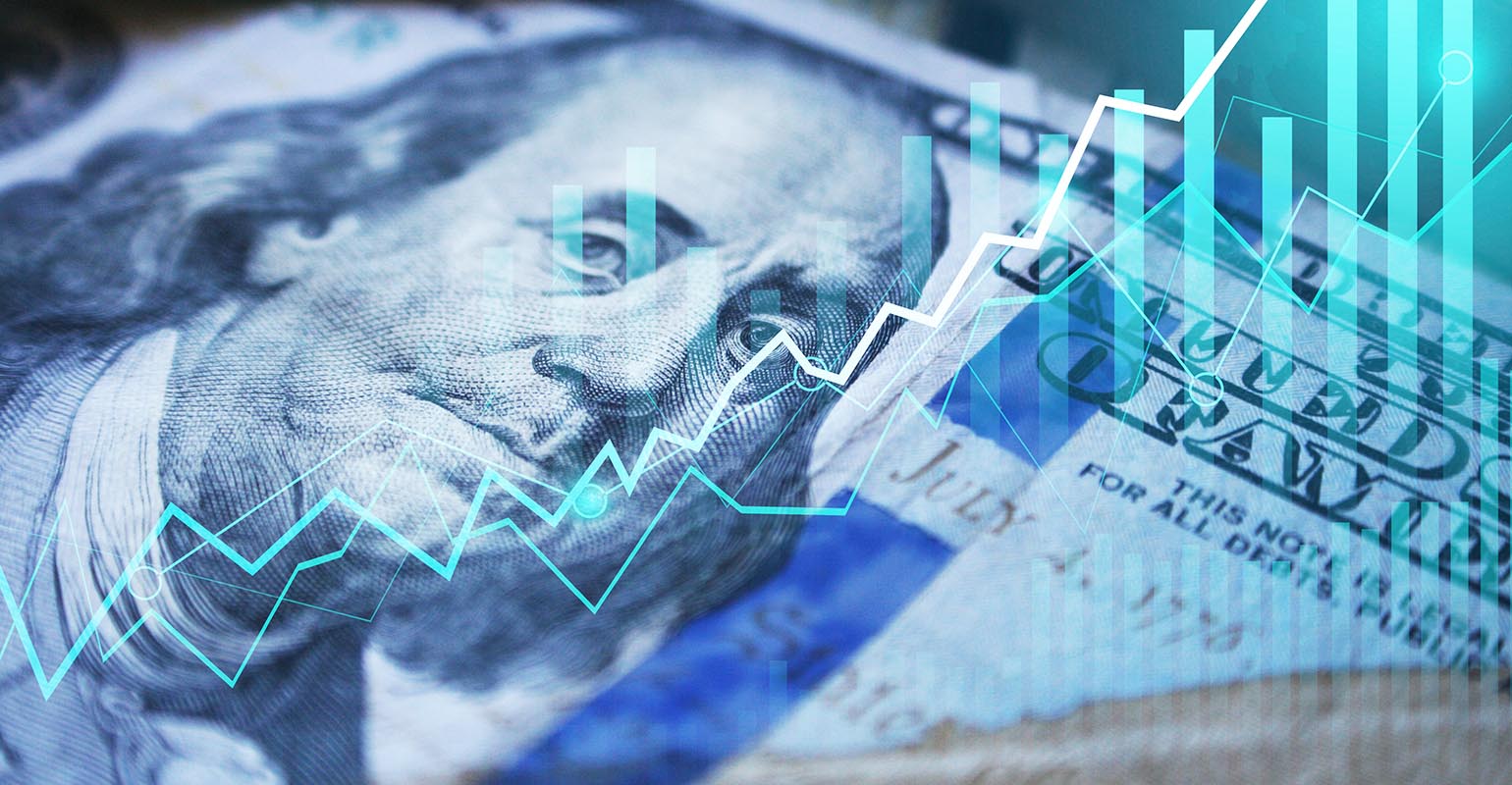Spotlight
Finance
Technology
Looking for Monday’s Quordle hints and answers? You can find them here: Hey, folks! Hints…
Join our mailing list
Get the latest finance, business, and tech news and updates directly to your inbox.
Top Stories
Comedian Bill Maher went on a blistering tirade against “woke” ideology, saying that Florida Gov.…
A former Merrill Lynch advisor who oversaw approximately $820 million in client assets joined LPL…
A court in Russia on Monday convicted a Meta spokesperson of justifying terrorism and sentenced him…
Tesla’s rocky year — plagued by price cuts, recalls and layoffs — continued Monday as…
Hispanolistic / iStock/Getty ImagesFinancial planning is an ongoing process that doesn’t stop when you have…
BlackRock increased spending on private security for CEO Larry Fink more than threefold last year…
(Reuters) – Ameriprise Financial reported a rise in its first-quarter adjusted profit on Monday, helped…
How much time do you spend talking about why Harry hates Sally? How to untangle…
Soccer’s global governing body FIFA is close to an agreement with Apple to give the tech…
Topline The Pink Moon—the second full moon of the spring—rises Tuesday and will be visible…
Financial PlanningAn advisor with a financial planning specialty can help you develop an effective plan…
The Federal Trade Commission said Monday it was suing to block Coach parent Tapestry’s $8.5 billion…








































